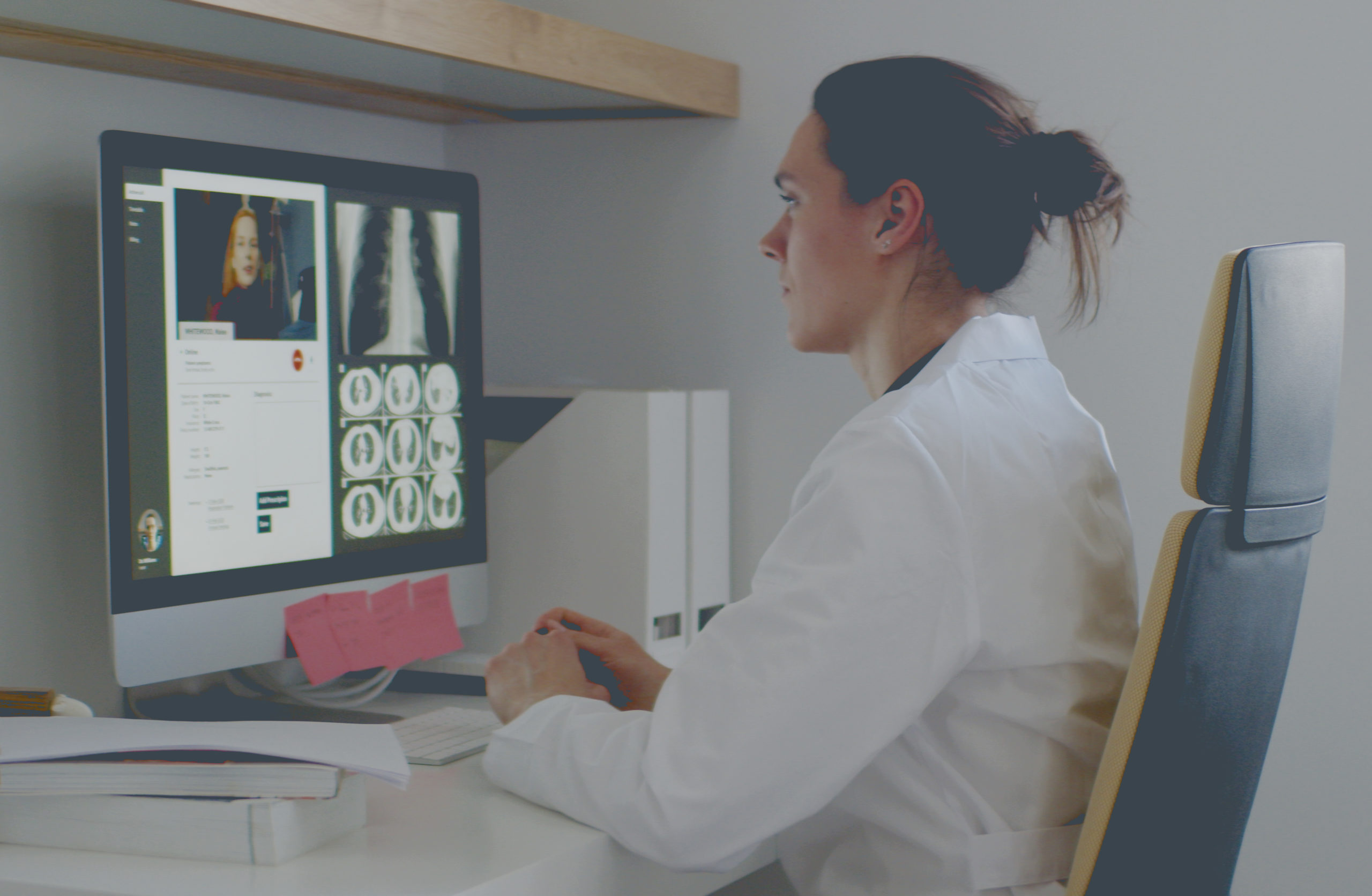Benefits for Patients and Consumers

We live in a digital world. Increasingly, patients and consumers expect health care to be digital too. They want to be able to access, control and share their health information electronically. Moreover, many consumers want to bring together all of their health information – not just the data held by a single doctor or hospital. For example, many want to see their test results or immunization records over time or share their health history with a new doctor after moving or changing health insurance. All of this needs to happen in a secure and protected way.
We are working with the U.S. Department of Health and Human Services, Office of the National Coordinator for Health Information Technology (ONC) to make it so that your health information can be shared easily and securely with you, your doctors, and those who support you on your health journey. This, in turn will support better care and lower health care costs.
We are doing this by setting a common set of rules on technical standards, privacy requirements and related policies for health information networks. These policies will be laid out in the Trusted Exchange Framework and the Common Agreement (TEFCA). By setting technical and other rules on how data can be accessed and securely shared, this network-of-networks approach will make it possible for data to flow more seamlessly to support your health and care.
Almost everyone needs to access their own health information—or that of a loved one—over time. By making it easier for health information to be shared securely online, the network based on the Common Agreement will reduce the burden many patients experience as they navigate the health care system and seek to be sure that they, their doctors, and their caregivers have the right information at the right time. For example:

ONC awarded a cooperative agreement to The Sequoia Project, a non-profit, as Trusted Exchange Framework and Common Agreement Recognized Coordinating Entity (RCE) responsible for developing, updating, implementing and maintaining the Common Agreement. The RCE will also play a central role in operational activities for the network based on the Common Agreement, including ensuring ongoing performance and creating a participatory and trustworthy governance process.
The Common Agreement will provide a single set of rules that address when health information can be shared (permitted purposes), privacy and security policies that must be followed, breach notification requirements, and other policies that must be in place before data can flow. It is important to note that the Common Agreement will not supersede or override state or local laws, such as those governing privacy or public health reporting. The policies in the Common Agreement will not be inconsistent with existing federal laws and rules, such as HIPAA, and other existing laws at the state and local levels.
The technical standards underlying this network-of-networks approach will connect Qualified Health Information Networks (QHINs) to serve as the high-capacity infrastructure to share electronic health information across the entire nation—with the needed privacy and security protections. Each QHIN will voluntarily enter into a contractual agreement with the RCE by signing the Common Agreement, which describes the rules for the network-of-networks. Some provisions of the Common Agreement will flow down to other entities, such as QHIN Participants (e.g., hospitals and ambulatory care practices).

As we continue to develop the Common Agreement, the RCE is committed to informing the community about key developments through informational calls and updates. Activities underway include:
It is important that the network based on the Common Agreement be designed to support individuals. That is why we want to hear from you. You can connect with us and learn more at: https://rce.sequoiaproject.org/participate/.
In addition, ONC has developed The Guide to Getting & Using Your Health Records to support patients and consumers get their health records, check them, and use them.
Complete the form below and join our mailing list.